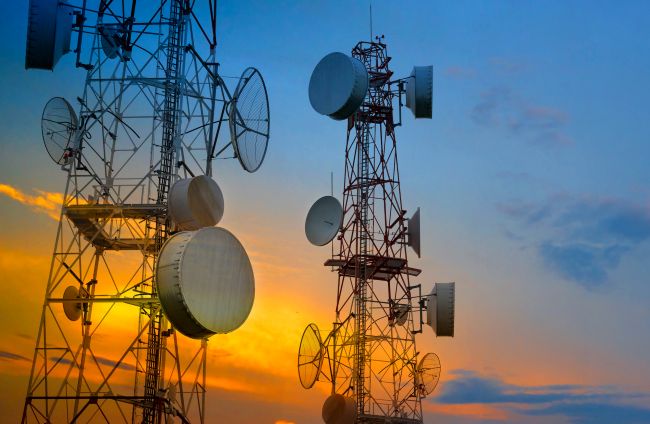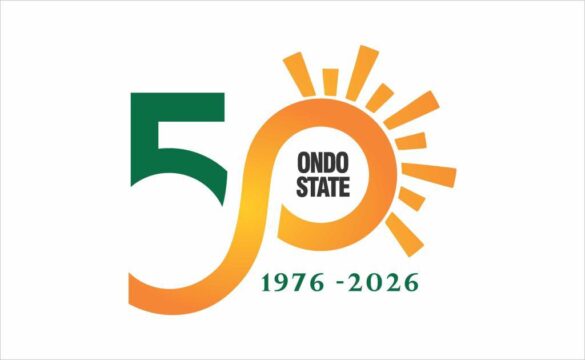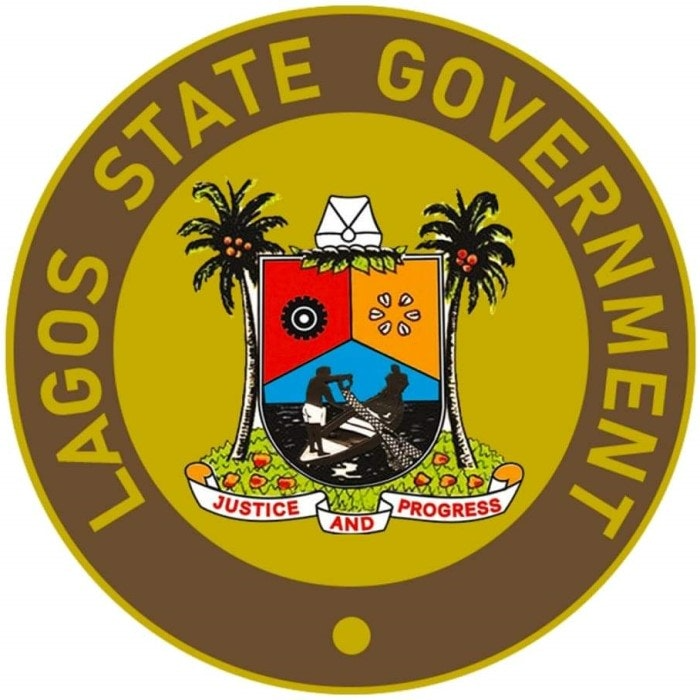President Tinubu approves 15% petrol and diesel import tariff to stimulate local refining, boost energy independence, and attract investment.
The Presidency has confirmed that President Bola Tinubu has approved a 15 per cent import tariff on petrol and diesel, describing it as a strategic measure to strengthen Nigeria’s energy independence and stimulate local refining.
Also read: President Tinubu clemency order reforms mercy process
According to Sunday Dare, Special Adviser to the President on Media and Public Communications, the new policy is “a bridge, not a burden,” aimed at transforming the nation’s petroleum sector and securing long-term economic stability.
“For years, the nation has depended heavily on imported fuel despite being a leading crude oil producer, draining foreign exchange and exporting jobs that should have been created at home. This new policy is designed to reverse that trend by encouraging local refining, boosting domestic capacity, and ensuring that Nigeria’s oil wealth translates directly into national prosperity,” Dare explained.
The policy is designed to make imported fuel less competitive, tilting the market in favour of domestic refineries, including the Dangote Refinery, Port Harcourt Refinery, and several modular plants under construction nationwide. Dare emphasized that as local refining capacity ramps up, fuel supply will strengthen, and prices are expected to stabilize over time.
“By making imported fuel less competitive, the government is laying the groundwork for a self-sustaining and resilient energy sector. As domestic refining grows, pump prices are expected to moderate while jobs, investment, and industrial activity expand,” he said.
The move, effective after a 30-day transition period ending 21 November 2025, is part of a broader strategy to protect local refiners and reduce dependence on cheaper imported products that threaten domestic investments.
However, petroleum marketers have expressed concerns that the tariff could push retail petrol prices above N1,000 per litre, with depot operators warning that the policy may increase the cost burden on average Nigerians.
Hammed Fashola, National Vice-President of the Independent Petroleum Marketers Association of Nigeria (IPMAN), acknowledged both positive and negative impacts. “The tariff could discourage importation and protect local refineries, but some may perceive it as a monopolization opportunity for certain refineries,” he said.
Also read: Bola Tinubu revokes Maryam Sanda’s presidential pardon
Data from the Nigerian Midstream and Downstream Petroleum Regulatory Authority indicate that petrol imports still accounted for 69 per cent of total fuel demand between August 2024 and October 2025, highlighting the country’s ongoing reliance on imported fuel despite being a major crude oil producer.





























